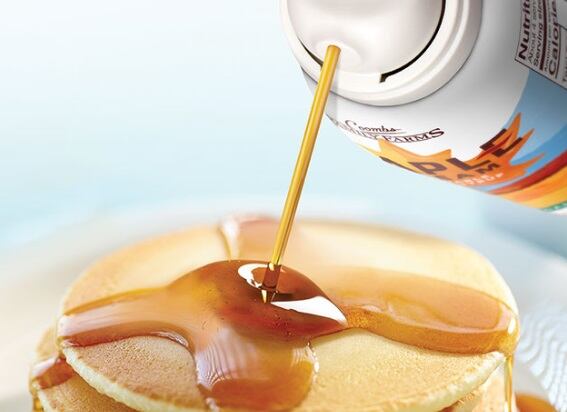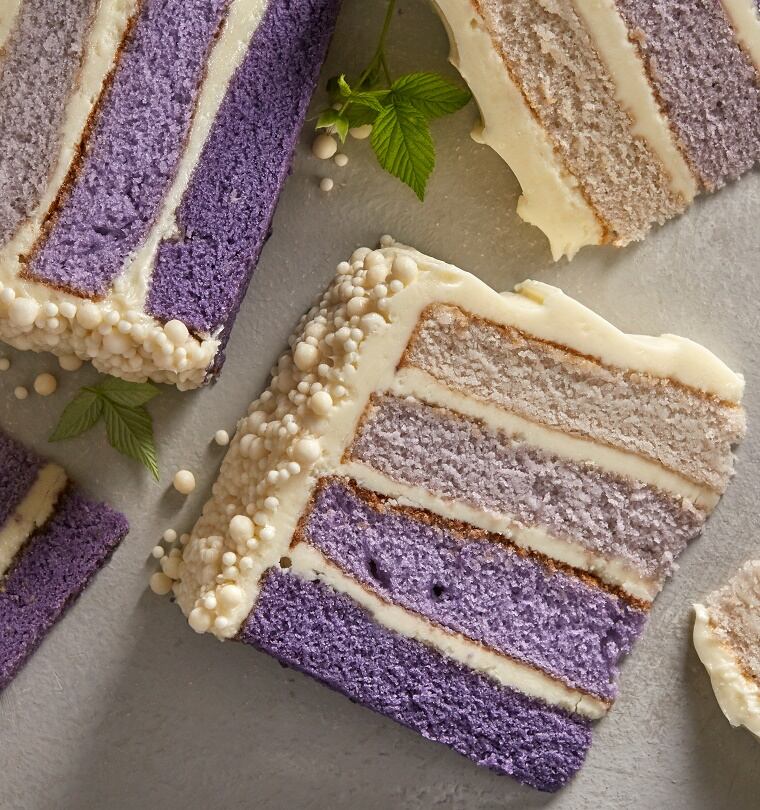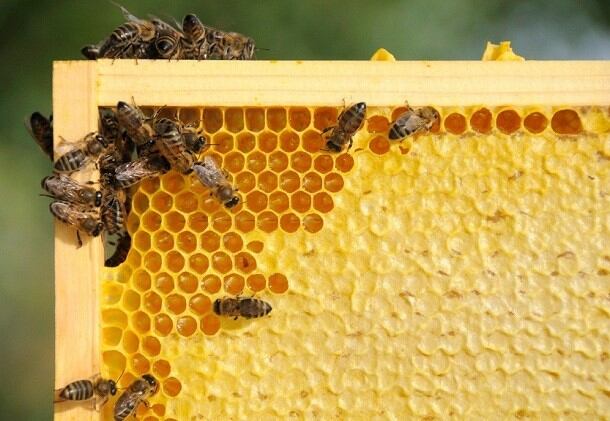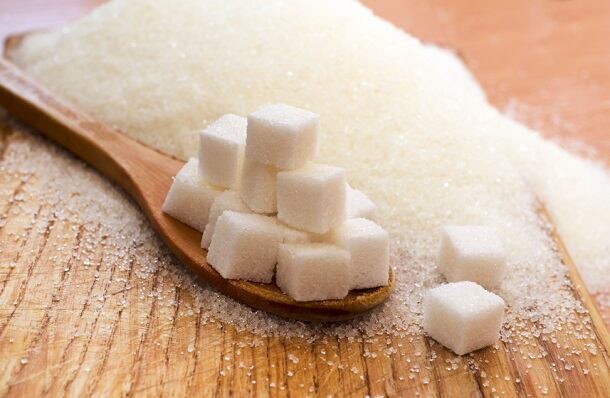“Maple has been rather stagnant,” with most farmers and manufacturers sticking to traditional glass bottles and jugs to market their syrup, said Daemon Borek, sales and marketing for export and domestic markets at Coombs Family Farms. But, he explained, with the new Maple Stream, which is a spray canister that meters out just the right amount of sweetness in a convenient, no-mess stream, “we think we will attract more people, and especially more younger people” to category.
In particular, he said he believes consumers will be attracted to the versatility and convenience that the format offers compared to jars and bottles, which can be cumbersome and must be refrigerated.
“The biggest benefit of the Maple Stream is it doesn’t need to be refrigerated,” which means it is no longer restricted to the kitchen, Borek said. “When we were developing this, we got to play with it a lot. So, I could take bottles back to my house and if I was having friends over and had the grill out and I’m making ribs, I would just grab a Maple Stream and put it next to the barbeque on the table and I could easily glaze my ribs by the grill.”
Similarly, he said, the company is introducing the innovation to bartenders to use as a replacement for simple syrup in craft cocktails.
“The inhibitor for bartenders has always been you would have a bottle and it had to be in the refrigerator and it was difficult to pour just the right amount. But this thing works great. I make an Old Fashioned with the Maple Stream instead of simple syrup and it is delicious,” Borek said.
“We just see all of these possibilities for use as soon as you take the refrigeration out of it,” he added.
The canister’s easy portion control also will appeal to consumers who are trying to restrict their sugar intake or are looking for an alternative, natural sweetener to cane sugar, he said.
A growing industry
Even without out-of-the-box innovation, the maple industry has started to wake up in recent years – especially the organic sector.
According to IRI, the US organic maple market reached $20 million in 2017 – up 16% from the prior year – while the sleepier conventional maple market grew only about 1%, albeit off a larger base, to $88 million.
Borek noted that the experience at Coombs Family Farms has mirrored these figures with the strongest growth coming from organic.
“To be organic certified is completely in line with our company, so it was a natural transition for us” about 20 years ago, because of the emphasis the company places on sustainability, he explained. “The forest is our farm. We need that wild forest to remain pristine in order to get that product. So for us, a lot of what makes us a better company is also what is really important for the environment.”
What is driving growth in maple?
Beyond just organic though, Borek said the maple industry has essential doubled in the last 20 years, which he attributes to consumers’ increasing focus on health and wellness.
“People are just looking for a natural alternative [to corn syrup]. And while we do have other things, like agave and stevia … we find that no matter how you cut it, maple comes down as one of – if not the – best sweetener” in consumers’ perspective, he said.
Part of that is because it is familiar to consumers, who increasingly are skeptical of processed ingredients and want natural options, Borek said.
“There is something very special about maple syrup – just the process of it and the way it is made. No pun intended, there are roots behind the making of maple syrup – especially where we are” in New England, “and consumer knowledge of maple syrup has really grown causing them to gravitate towards it,” he said.
Another part is the unique nutritional profile of maple.
“Maple has a low glycemic index, it has minerals and antioxidants that people want, and really is just a great all-natural thing,” Borek said. According to the company, recent research also has connected maple with benefits for better brain and liver health, reducing chronic inflammation and producing a healthy gut biome.
While maple has a lot going for it, it also faces significant challenges, including that many consumers think of it almost as a commodity, rather than a branded product.
Borek said that this can stymie efforts by new players to break into the business, because they don’t have the deep understanding of maple that companies like Coombs can with its seven generations of maple farming.
Creating consistency
Another challenge that all agricultural products face is creating consistency year over year, Borek said.
“Every crop is kind of different. You are going to get more of one grade than another grade, and you never really know what you are going to get,” he said. “One of the things we pride ourselves on is we blend for specific flavor. So, there are only three people in our company who are allowed to say, ‘Yes, that is the grade,’ or who are able to taste and judge the flavor profile.”
This tight control over quality and taste means that Coombs can offer a bottle of syrup this year that tastes exactly like a bottle purchased and consumed five years ago, he said.
While Coombs is proud of its traditions, it also wants the maple segment to grow and more players and consumers to enter the market – which is a main driver behind its innovative approach to the category with products like Maple Stream.
Borek explained: “We want to see maple continue on its growth because for us that means more people making maple, that means more land being used for maple, which means less development,” which means more wild country – a value that is “big” in Vermont and increasingly important to younger generations.




